
Desk Report
Publish: 16 Feb 2021, 02:50 pm
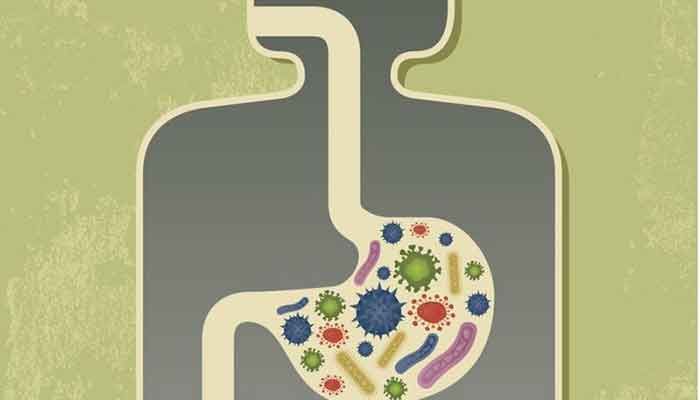
Image Collected
Food poisoning is actually quite a large and widespread concept. Since it is due to eating or drinking food and that is why it is of different types and happens for different reasons.
According to the UK Department of National Health Services, food poisoning usually does not take a serious turn and gets better within a week.
What is food poisoning?
According to the BBC's Good Food report, food poisoning is sometimes caused by a variety of germs, often due to the presence of toxic substances in the food and sometimes due to physical problems such as allergies or excessive alcohol consumption.
The World Health Organization defines food-borne illness as "a disease that is contagious or toxic in nature and is caused by a bacterium that enters the body through food or drink."
Food can be toxic due to the bacteria in it or due to the toxic reaction caused by the bacteria. Food poisoning can also be caused by viruses and parasites.
What kind of it is?
There are many types of food poisoning. Food poisoning is divided based on what causes the poisoning. E.g.
1. Campylobacter bacteria: Food poisoning is most common due to Campylobacter bacteria. It is usually found in raw or semi-cooked meat. It also contains unpasteurized milk and unrefined water. Symptoms appear within two to five days of entering the body through food. Many times it can take 10-11 days. The symptoms last less than a week. However, complications can occur if the immune system is weak.
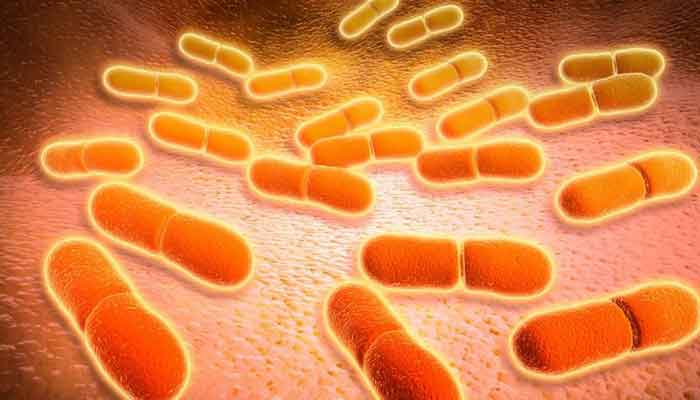 (Image Collected)
(Image Collected)
2. Listeria monocytogenic bacteria: These bacteria are usually present in ready-to-eat or ready-to-eat foods. These bacteria are found in pre-made sandwiches, cooked meats, and special soft foods. Harmful to older people, people with weakened immune systems or even pregnant women can cause miscarriage.
3. Salmonella bacteria: Salmonella bacteria are commonly found in undercooked meats, raw eggs, milk and other dairy products. It attacks within 12 to 72 hours of entering the body. Symptoms include diarrhea, abdominal pain, nausea, vomiting, and fever. These usually last for about seven days.
4. E. coli bacteria: Escherichia coli or E. coli bacteria for short is found in the digestive tract of human beings like other animals. Most E. coli bacteria are not harmful. However, several types of these bacteria can cause serious illness. The STECs E-coli type is mostly responsible for food poisoning. Another type is E-coli 0157.
In most cases, people get infected by eating uncooked meat or unpasteurized milk. Symptoms appear within 01-08 days. These include diarrhea, abdominal pain and fever.
5. Shigella bacteria: Any food washed with contaminated water can contain these bacteria. Symptoms include diarrhea and nausea. Symptoms appear within seven days after eating this bacterial food and they last for about seven days.
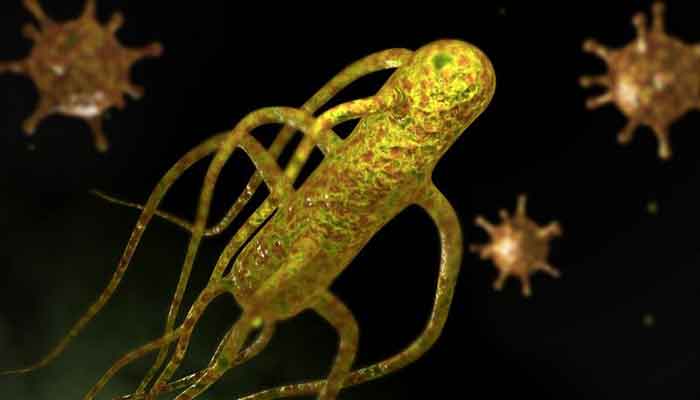 (Image Collected)
(Image Collected)
6. Clostridium perfringen bacteria: Attack of these bacteria can cause diseases like gastroenteritis or heartburn. Vomiting and diarrhea may also occur. Usually found in meat. If left for more than two hours after cooking, these bacteria can be produced in the food.
7. Bacillus carios bacteria: It is similar to Clostridium perfringen bacteria and produces similar symptoms.
8. Botulism: This disease is caused by Clostridium botulinum bacteria. Its attack can cause diarrhea and vomiting. Severe attacks can lead to paralysis of the muscles of the arms, legs, shoulders, and respiratory tract. But over time, that is likely to change.
9. Virus: A virus called norovirus responsible for diarrhea and vomiting. It is spread from one person to another through contaminated water or food. Raw shellfish, especially oysters, are the source of this virus. Symptoms usually appear within 24-48 hours. The hepatitis E virus also causes fever, nausea, vomiting, jaundice and bloating.
10. Parasites or parasites: Infections of different types of parasites or parasites through food cause symptoms within 10 days.
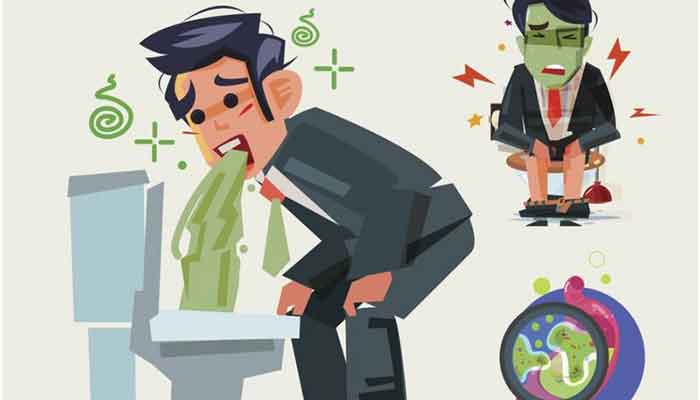 (Image Collected)
(Image Collected)
Why does food poisoning happen?
Food poisoning is mainly caused by eating contaminated food or drinking water. There can also be multiple causes of food poisoning. The UK National Health Service and the BBC's Good Food report mention some of the factors that are responsible for food poisoning.
These are-
Which foods should be kept in mind?
The BBC's Good Food reports that if any food becomes contaminated, there is a risk of health risks. However, there are some foods that need a little special attention.
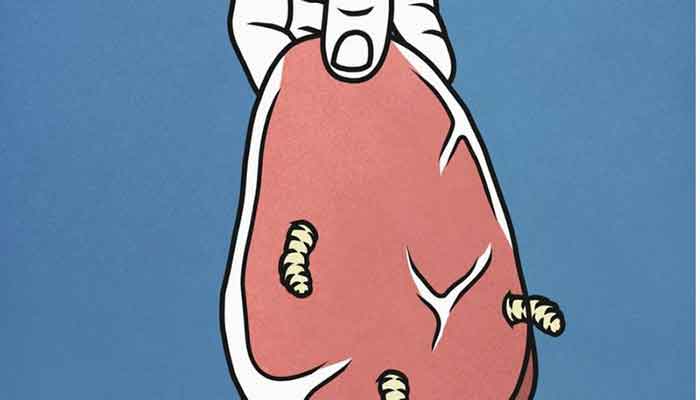 (Image Collected)
(Image Collected)

(Image Collected)
Source: BBC Bangla
Subscribe Shampratik Deshkal Youtube Channel
Topic : Others
© 2024 Shampratik Deshkal All Rights Reserved. Design & Developed By Root Soft Bangladesh